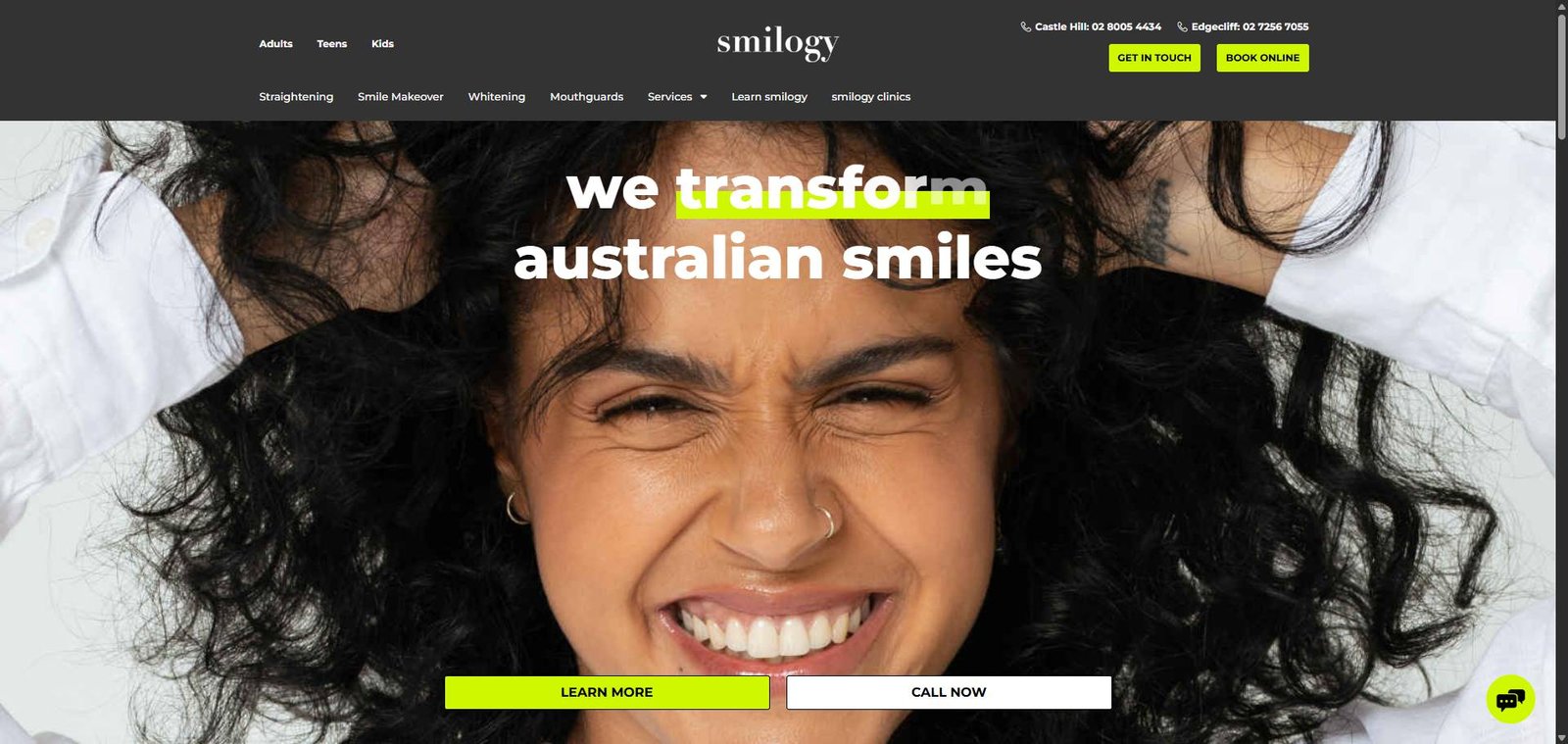The UAE has updated its cybersecurity and data protection laws in 2025, introducing stricter guidelines for how websites handle personal information. These changes apply to marketers, developers, and anyone running digital platforms that serve users in the UAE.
Failing to meet the new standards could result in heavy fines, site blocks, or long-term brand damage. This article explains the updated laws and shows you how to make your marketing and web operations fully compliant.
What Changed in the UAE Cybersecurity Framework in 2025?
The core law is Federal Decree-Law No. 34 of 2021, which has been expanded to cover:
- Clearer rules on user consent for tracking and data collection
- Requirements for storing personal data inside UAE-approved data centers
- Stricter cookie usage policies
- Server and API security guidelines for web developers
- Expanded penalties for violations
Source: UAE Cyber Laws
Who Needs to Pay Attention?
If you do any of the following, the new rules apply to you:
- Run digital campaigns in the UAE (email, WhatsApp, SMS, social retargeting)
- Collect leads using website forms or cookies
- Use tools like Google Analytics, Meta Pixel, or HubSpot
- Manage web development, hosting, or data storage
- Build websites for UAE clients or customers
Whether you’re a solo marketer or part of a web team, compliance is now part of your role.
Consent, Tracking, and Analytics: What’s Now Required?
You now need explicit user consent before setting any non-essential cookies or running tracking scripts.
What this means:
- Cookie banners must allow opt-in, not just notify
- Banners must display in Arabic and English
- Consent must be recorded and revocable
- All tracking scripts must be disabled by default until accepted
This includes tools like:
- Google Analytics
- Meta Pixel (Facebook Ads)
- Hotjar
- LinkedIn Insights
- Any third-party scripts that collect behavioral data
Tools like Cookiebot or Termly can help manage multilingual cookie consent.

Data Collection Forms and Lead Generation: Compliance Rules
To stay compliant with 2025 rules, your forms must:
- State the purpose of data collection clearly
- Include a manual opt-in checkbox (not pre-checked)
- Link to your privacy policy nearby
- Encrypt data at rest and in transit
- Store form data securely in UAE-compliant cloud platforms or approved providers
If you use CRMs like HubSpot, Mailchimp, or Zoho:
- Ensure they store consent logs
- Offer opt-out or deletion features
- Support data localization when required
Website and Hosting Security: Developer Responsibility
Web developers now have legal responsibility to ensure core security elements are in place.
Required technical measures:
- Active HTTPS / SSL certificates
- Security headers like Content-Security-Policy
- WAF (Web Application Firewall) or server-side protection
- Token-based API authentication
- Encrypted backups and regular patching
- Geolocation-aware hosting based in UAE or compliant zones
Hosting inside the UAE or with approved partners (e.g., Etisalat, Khazna) is encouraged for businesses handling sensitive user data.
Working with UAE Free Zones (DIFC, ADGM)
If your company or clients operate within Dubai International Financial Centre (DIFC) or Abu Dhabi Global Market (ADGM), note that they have separate data laws.
- DIFC Data Protection Law 2020 follows GDPR-style standards
- ADGM’s data law also aligns with EU-style regulations
- DPO (Data Protection Officer) may be required if you handle large data volumes
Best practice: Ask your client which jurisdiction they fall under and adjust your compliance strategy accordingly.
Penalties for Non-Compliance
Violating the 2025 laws can result in:
Offense | Penalty Example |
Failing to request cookie consent | Up to AED 100,000 |
Storing personal data unlawfully | AED 250,000 to AED 1,000,000 |
Using tracking without opt-in | Site blacklisting possible |
Data breach due to poor security | Up to AED 5,000,000 |
Once your site is flagged, you may need legal clearance, audits, or hosting changes before reinstatement. That also impacts SEO, trust, and customer retention.
How to Stay Compliant in 2025 (Action Plan)
To protect your business and your users, follow this checklist:
- Review all forms, banners, and consent language
- Add cookie consent tools with Arabic + English support
- Store consent logs in your CRM
- Switch to UAE-compliant hosting if handling local data
- Apply server-side encryption and security patches
- Share your privacy policy clearly on every page
- Train your team on privacy-first workflows
- Consult a UAE-licensed legal partner when unsure
Compliance Table: What’s Allowed vs. What’s Not
Item | ✅ Compliant | ❌ Not Compliant |
|---|---|---|
Cookie Banner | Arabic + English, opt-in required | No opt-out, auto-tracking enabled |
Form Consent Checkbox | Unchecked by default, manual opt-in | Pre-checked or hidden |
Third-party Tracking | Disabled until consent is given | Loads on page without consent |
Hosting Location | UAE-based or legally approved | Foreign servers without lawful basis |
API Security | Uses token-based authentication | Open or unauthenticated endpoints |
Final Thoughts
The UAE’s 2025 cybersecurity laws bring digital privacy to the front of every project. Whether you manage ad campaigns, build landing pages, or develop full websites, compliance now starts with you.
Need help reviewing your site for compliance? Talk to Pracxcel Marketing
We help teams implement privacy-first practices that meet UAE legal standards and keep your business protected.
FAQs
It’s an updated version of Federal Decree-Law No. 34, expanding rules around data handling, consent, web tracking, and site security.
You must request a user opt-in before tracking. Consent must be recorded and offered in both Arabic and English.
Penalties range from AED 100,000 to AED 5 million, depending on the severity of the violation.
Yes—but only if you disable them until consent is given and disclose them in your cookie banner.
Yes. Consent must be freely given, specific, and documented. Pre-checked boxes are not allowed.
Yes, if the region is UAE-based or the provider is certified under UAE cross-border rules.
DIFC follows a GDPR-like model. You may need a DPO and meet additional transparency requirements if targeting DIFC users.







